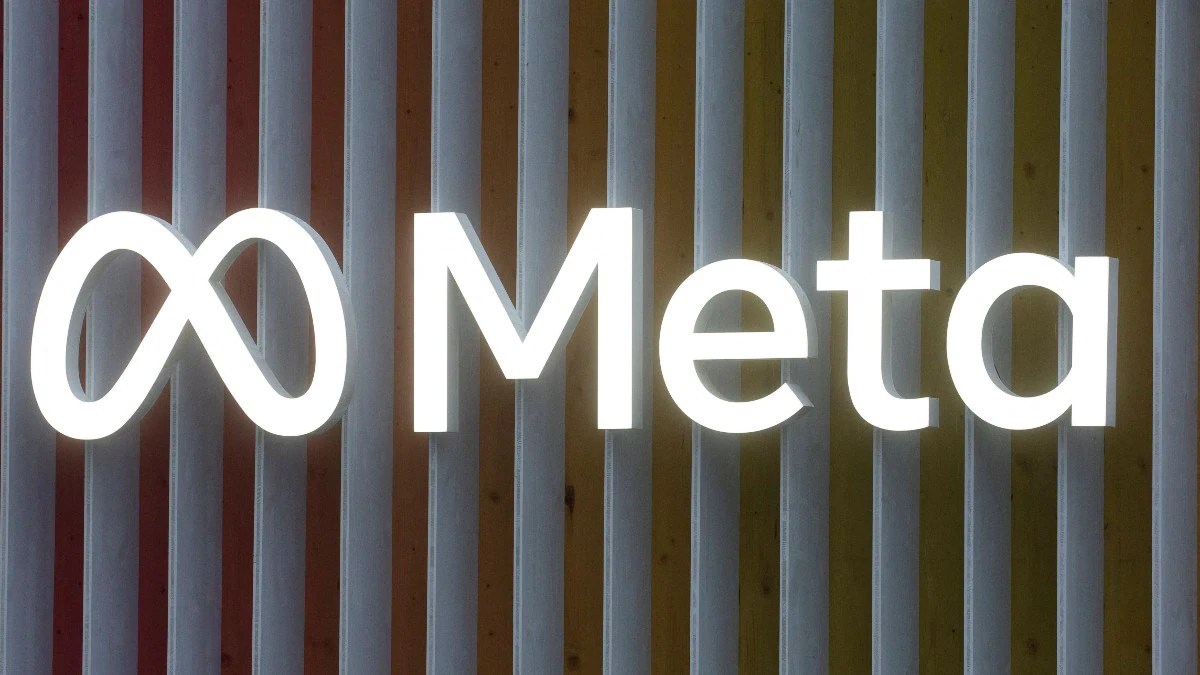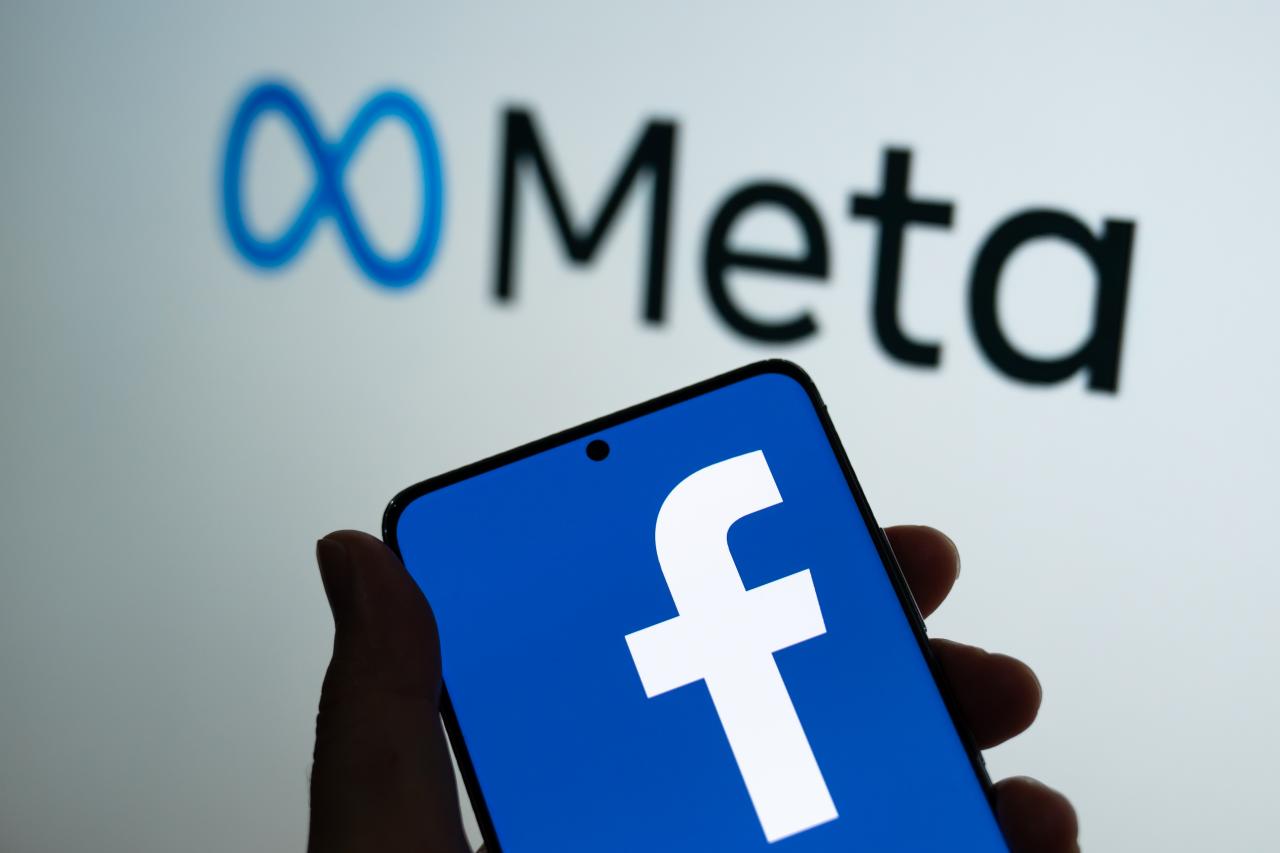Remove Meta AI from Facebook is a thought-provoking topic that has sparked considerable discussion and debate. The removal of Meta AI would undoubtedly have far-reaching implications for the platform, its users, and the broader social media landscape. This article delves into the potential changes to the Facebook user interface, content moderation, advertising and targeting, data privacy and security, and innovation and future development if Meta AI were to be removed.
User Experience and Interface Modifications
Removing Meta AI from Facebook could significantly alter the user interface and impact user engagement. Without Meta AI’s algorithms, Facebook’s News Feed and other features would have to be redesigned.
While we can ponder on how to Remove Meta Ai From Facebook, let’s take a detour to appreciate the artistry of Review Tortured Poets Department , where wordsmiths showcase their tormented souls. Returning to our topic, Remove Meta Ai From Facebook remains a worthy pursuit, freeing our social media feeds from AI’s robotic clutches.
One potential change is the removal of personalized recommendations. Currently, Meta AI analyzes user data to tailor content to each individual’s interests. Without this AI, Facebook would need to find alternative methods for curating content, potentially leading to a less personalized experience.
Alternative User Interfaces
Several alternative user interfaces could be implemented without Meta AI. One option is a chronological feed, where posts are displayed in the order they are published. Another possibility is a topic-based feed, where users can choose to follow specific topics and see only related content.
Content Moderation and Regulation: Remove Meta Ai From Facebook
The removal of Meta AI from Facebook will necessitate a reassessment of content moderation strategies. Human moderators will play a more significant role, presenting both opportunities and challenges.
Potential Risks of Human Moderation
- Subjectivity and Bias:Human moderators may be influenced by their personal biases, leading to inconsistent or unfair moderation decisions.
- Emotional Toll:Reviewing harmful or disturbing content can take a significant emotional toll on moderators.
- Scalability:Human moderation is inherently less scalable than AI, potentially leading to backlogs and delays in content review.
Potential Benefits of Human Moderation
- Contextual Understanding:Humans can better understand the nuances and context of content, making more informed moderation decisions.
- Flexibility and Adaptability:Humans can adapt to changing moderation needs and emerging content trends more quickly than AI.
- Transparency and Accountability:Human moderators can provide clear explanations for their decisions, fostering transparency and accountability.
Alternative Content Moderation Strategies, Remove Meta Ai From Facebook
In addition to human moderation, alternative strategies should be considered:
- Community-Based Moderation:Empowering users to report and flag harmful content, providing valuable insights for moderators.
- Automated Tools for Initial Screening:Using AI or other automated tools to filter out obvious violations, freeing up human moderators for more complex cases.
- Collaboration with External Experts:Consulting with experts in relevant fields (e.g., law enforcement, mental health professionals) to inform moderation policies and decisions.
Advertising and Targeting
The removal of Meta AI from Facebook would have a significant impact on advertising and targeting on the platform. Meta AI is responsible for powering many of Facebook’s advertising features, including personalized ad targeting, ad optimization, and audience segmentation. Without Meta AI, Facebook would lose the ability to deliver highly targeted ads to its users, which could lead to a decrease in ad revenue and the effectiveness of targeted advertising.
Alternative Advertising Models
There are a number of alternative advertising models that Facebook could use without Meta AI. These include:
- Contextual advertising:This type of advertising targets users based on the content they are viewing. For example, a user who is reading an article about travel might see an ad for a travel agency.
- Behavioral advertising:This type of advertising targets users based on their past browsing history and behavior. For example, a user who has recently visited a website about running shoes might see an ad for a running shoe store.
- Demographic advertising:This type of advertising targets users based on their demographic information, such as age, gender, and location. For example, a user who is over the age of 50 might see an ad for a retirement community.
Data Privacy and Security

Meta AI’s removal from Facebook may significantly impact user data privacy and security. Understanding the potential risks and benefits of storing and processing user data without AI is crucial.
If you’re looking for a way to remove Meta AI from Facebook, there are a few steps you can take. One of the best ways is to change your privacy settings. You can also use a browser extension to block Meta AI from tracking you.
Additionally, you can enter the Royal Home Lottery to win a luxurious home. This is a great way to support a good cause and potentially win a life-changing prize. Once you’ve taken these steps, you can be sure that Meta AI will no longer be able to track you on Facebook.
AI algorithms currently enhance data privacy by detecting and flagging suspicious activities, identifying potential data breaches, and implementing robust security measures.
Eliminating Meta AI’s presence on Facebook has been a topic of discussion lately, but let’s take a brief detour to the captivating rhythms of Neyo Brisbane . His soulful melodies and energetic performances have set the stage alight. Returning to our original topic, the removal of Meta AI from Facebook remains an ongoing conversation that raises questions about privacy, data ownership, and the future of social media.
Risks of Removing Meta AI
- Weakened Data Security:Without AI, Facebook may face challenges in identifying and mitigating security threats, making user data more vulnerable to cyberattacks.
- Increased Data Breaches:The absence of AI-powered anomaly detection systems could lead to undetected data breaches, compromising user privacy.
- Reduced Fraud Detection:AI algorithms play a vital role in detecting fraudulent activities, such as fake accounts and spam, which may increase without AI.
Benefits of Removing Meta AI
- Reduced Data Collection:Removing AI could potentially reduce the amount of user data collected by Facebook, enhancing privacy.
- Increased Transparency:Without AI algorithms making decisions about data usage, users may have greater transparency into how their data is handled.
- Improved User Control:Users may gain more control over their data if AI is removed, allowing them to make informed decisions about data sharing.
Recommendations
To address data privacy and security concerns, Facebook should consider:
- Implementing Robust Data Security Measures:Employing encryption, multi-factor authentication, and regular security audits to protect user data.
- Providing Transparency and Control:Offering users clear and accessible information about data collection and usage, and allowing them to manage their privacy settings.
- Collaborating with Privacy Experts:Consulting with independent privacy experts to ensure compliance with best practices and address emerging data protection challenges.
Innovation and Future Development

Meta AI’s removal could significantly impact Facebook’s innovation and future development. Meta AI has been instrumental in developing new features and technologies for the platform, such as AI-powered image recognition, natural language processing, and machine learning algorithms. Without Meta AI, Facebook may struggle to keep pace with other social media platforms that are investing heavily in AI.
Impact on Competition
The removal of Meta AI could also weaken Facebook’s ability to compete with other social media platforms. Many of Facebook’s competitors, such as TikTok and Snapchat, are already using AI to enhance their platforms and attract users. If Facebook does not have access to similar AI capabilities, it could fall behind in the race for innovation and lose market share to its competitors.
Alternative Strategies
To mitigate the potential impact of Meta AI’s removal, Facebook should consider exploring alternative strategies for innovation and future development. This could include partnering with other companies that specialize in AI, acquiring AI startups, or investing in its own AI research and development.
Facebook could also focus on developing new non-AI-based features and technologies that would differentiate it from its competitors.
Conclusion

In conclusion, the removal of Meta AI from Facebook would have significant consequences for the platform and its users. It would require Facebook to rethink its approach to user experience, content moderation, advertising, data privacy, and innovation. While the removal of Meta AI could bring certain benefits, such as improved user privacy and reduced bias in content moderation, it would also pose challenges that Facebook would need to address in order to remain competitive in the ever-evolving social media landscape.
Answers to Common Questions
What are the potential benefits of removing Meta AI from Facebook?
Potential benefits include improved user privacy, reduced bias in content moderation, and increased transparency in decision-making.
What are the potential risks of removing Meta AI from Facebook?
Potential risks include reduced efficiency in content moderation, decreased personalization of user experience, and reduced innovation in product development.
What are some alternative approaches to content moderation that could be used without Meta AI?
Alternative approaches include relying on human moderators, using rule-based systems, and leveraging crowdsourcing techniques.